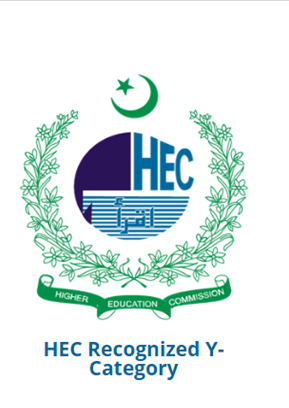Water Consumption Behavior: A Review with Global Perspective and Special Reference to Developing Country
Keywords:
Water Conservation Behaviour, Consumption, Urban AreasAbstract
This paper reviews the literature, dealing with the water consumption behaviour by examining both the theory, and empirical studies from 1930 to 2017. Numerous empirical studies have been conducted to investigate the factors that affect water conservation behaviour. The overall literature is best described as the factors such as family size and number of kids, number of times individuals flush the latrine, indoor base water use, outdoor property size, water resources, cost associated with pot water, water shortage, economic activities, climate change, water pollution, societal values and beliefs towards water consumption, water conservation habits, population and human behaviour effecting water conservation. Literature also discussed that the adoption of efficient water using technologies leads to lower water saving than expected. The studies reviewed, explain that the residential water utilization fluctuates significantly according to the characteristics of family units. Cost assessment assumes a crucial job in arranging and overseeing pot water framework and there is an assortment of financial and noneconomic factors that add to the costs charged for water. The results also show that something more than a new pricing policy for future water investment in the urban setting is required. In a nutshell, consensus has been reached that to improve water conservation behaviour certain measures such as, water utility monitoring, awareness campaigns regarding fair use of water educational programs and arrangements of different information campaigns should be reinforced to improve water conservation habits. It is recommended that there is a need for division of water network into sectors and installation of water meters. Improvement in the standards of water managements and policy and practice are suggested with appropriate ramifications.





